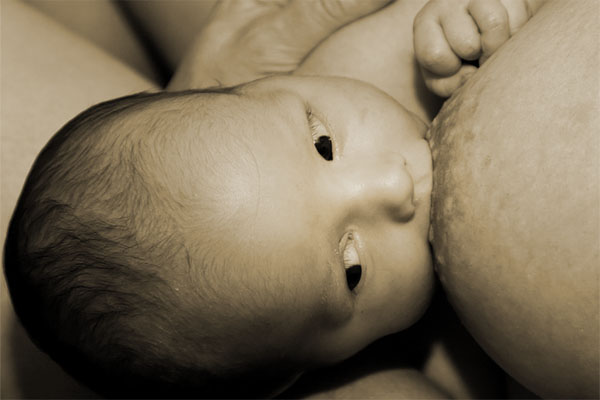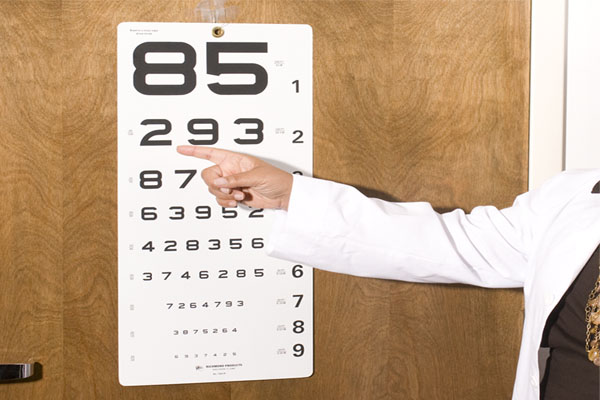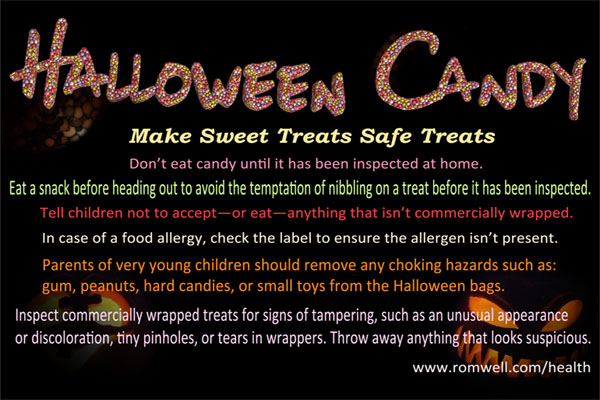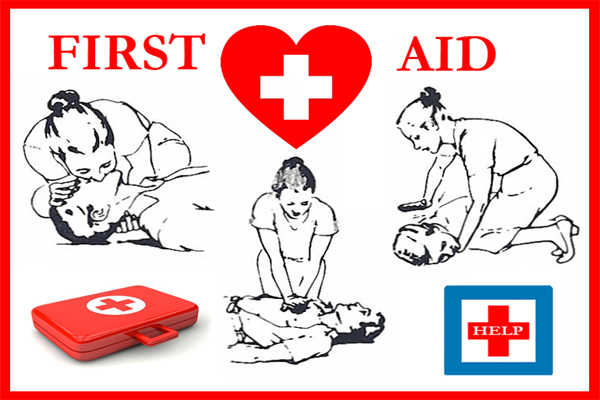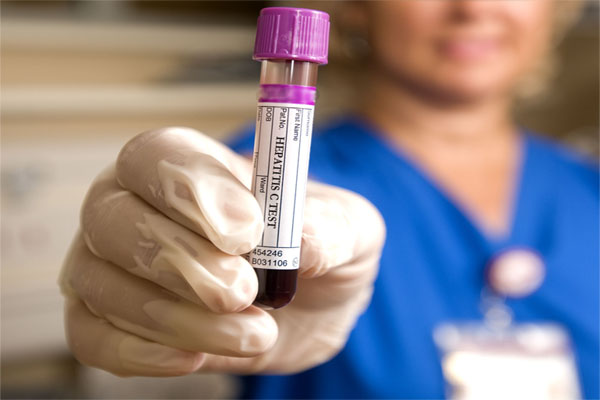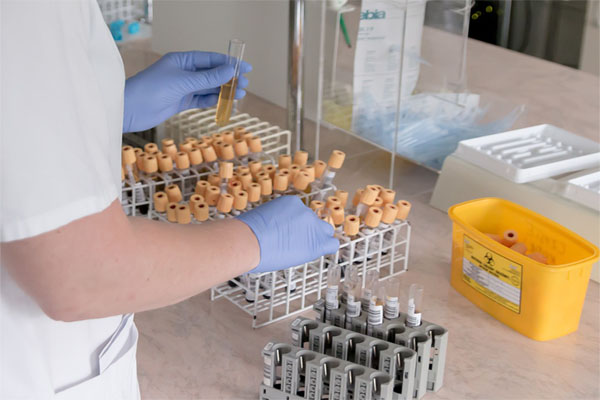Health Pages
Children's Health
Children's Health
How can you tell if your fussy baby is sick or just cranky? Many parents will agree that preschool children get sick with amazing frequency and sometimes its hard to tell exactly what's wrong. Your five year old may be able to tell you that she doesn't feel well but cannot articulate anything more specific. Here are some signs that will help you determine whether or not your child is ill:
 FEVER - A fever is a rectal temperature of more than 101 degrees Fahrenheit (F) or an oral temperature of more than 100 degrees (F). A fever is one of the body's methods of fighting infection.
FEVER - A fever is a rectal temperature of more than 101 degrees Fahrenheit (F) or an oral temperature of more than 100 degrees (F). A fever is one of the body's methods of fighting infection.
 INCREASED SLEEP - If your child seems to be sleeping more than usual, this is sign of illness. It is another method the body uses to fight infection.
INCREASED SLEEP - If your child seems to be sleeping more than usual, this is sign of illness. It is another method the body uses to fight infection.
 BREATHING CHANGES - Noisy breathing and coughing are common with upper respiratory infections.
BREATHING CHANGES - Noisy breathing and coughing are common with upper respiratory infections.
 DECREASED APPETITE - Often a sick child will not feel like eating as much. It is a normal response and nothing to worry about.
DECREASED APPETITE - Often a sick child will not feel like eating as much. It is a normal response and nothing to worry about.
ANTIBIOTICS COULD ENDANGER YOUR CHILD
When overused, antibiotics increase the risk of drug resistant infection.
Don't pressure your pediatrician to prescribe an antibiotic. - Wherever possible, take a culture. Most respiratory illnesses aren't due to bacteria but to viruses, which aren't affected by antibiotics. Today, bacteria can be detected from throat swabs within five minutes in many instances. Where a test takes overnight, wait for the results before starting antibiotics. Once antibiotics are begun, continue them for the full length of treatment even if symptoms abate. A shorter course may allow the more resistant bacteria to repopulate.
Most of the common communicable diseases that affect children are familiar ailments that pass easily from one person to another, such as CHICKEN POX, MEASLES and MUMPS. These ailments are usually harmless in children but can be serious in certain cases, for example, GERMAN MEASLES in pregnancy or chicken pox in an adult. Communicable diseases are diagnosed by characteristic symptoms, blood tests are not usually necessary. Today, there ere immunizations to avoid some of these illnesses like whooping cough, measles, mumps and diphtheria. Following is a brief look at a few of the more common diseases:
MEASLES - Signs and symptoms of measles include fever, coughing, sneezing, tiny white spots on the lining of the cheek and a rash. This infection usually lasts from ten days to two weeks and treatment may include isolation and bed rest until the fever subsides. Acetaminophen and cough medicine may also be given for the fever and cough.
MUMPS - The signs of mumps are swollen, painful salivary glands, fever, weakness and fatigue. The symptoms usually appear two to three weeks after the viral infections begin, and may be quite uncomfortable. However, it is not usually a serious disease and symptoms should not last more than two weeks. There is no specific treatment for mumps, although your doctor may prescribe bed rest until the fever disappears and isolation to prevent the spread of the disease.
CHICKEN POX - The signs of chicken pox include fever, weakness and red itchy rash. Chicken pox usually lasts for less than two weeks and is treated by isolation, frequent cleaning of the skin and cool, wet compresses to relieve itching. Occasionally antihistamines are used to treat itching along with calamine lotion.
All of the above diseases are quite common and not cause for serious concern however your child should see a doctor for any illness.
Recommended reading:
Bitter Pills: Inside the Hazardous World of Legal Drugs - Health and Fitness Editor's Recommended Book Bitter Pills started as a magazine story, inspired by Stephen Fried's wife's frightening reaction to an antibiotic. After he won a National Magazine Award for that article, he expanded his investigation into this book. What he has uncovered is astounding, starting with the fact that, in the U.S. alone, between 45,000 and 200,000 people die annually of reactions to legal drugs (2 to 9 percent of the 2.3 million Americans who die each year) versus the 5,000 to 10,000 who die of illegal drug use. As Fried compulsively investigates what happened to his wife and how reactions like hers were considered statistically insignificant by drug companies and the FDA, he learns things most of us don't want to know about the mechanisms that cause pills to land on pharmacy shelves. Chances are, after reading Bitter Pills, you'll be much more careful about accepting prescriptions for new medications.
RomWell Health Pages - Disclaimer
Our pages are created to provide medically accurate information that is intended to complement, not replace or substitute in any way the services of your physician. Any application of the recommendations set forth in the following pages is at the reader's discretion and sole risk. Before undergoing medical treatment, you should consult with your doctor, who can best assess your individual needs, symptoms and treatment.Browse Health Pages
It doesn't take much to start living healthier life...


